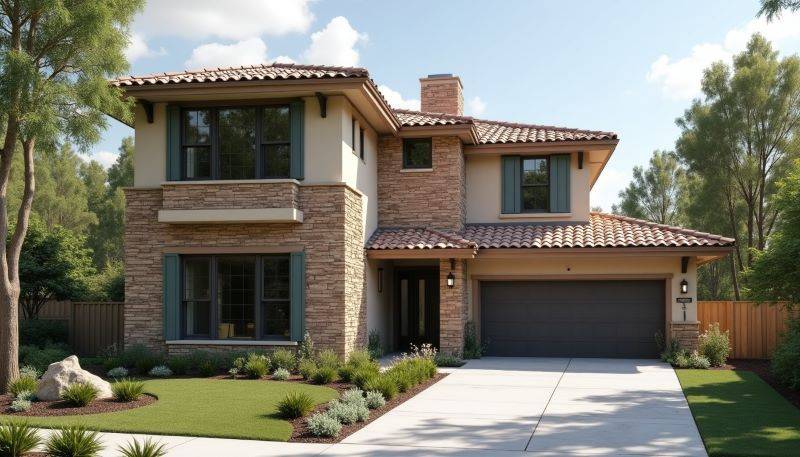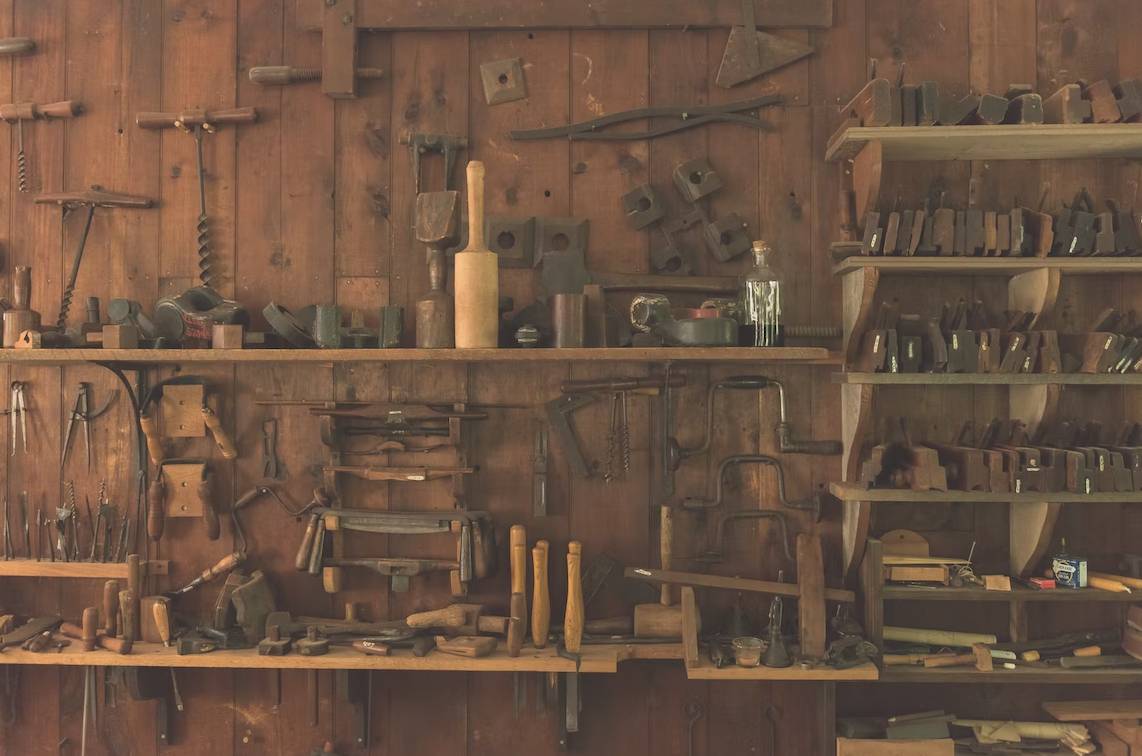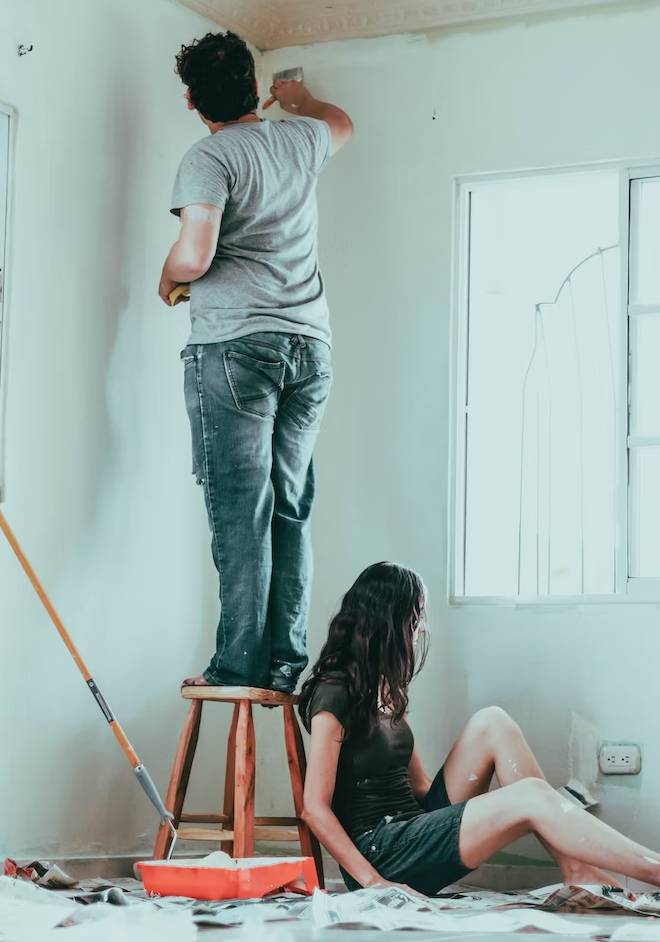
Bellevue, WA
If you find a condo you like, and your Realtor writes up an offer you should be given a chance to see and read the Resale Certificate. This is a lot of paperwork to read, but it’s a must because it contains critical information on the financial health of the HOA. When going through everything, find the Reserve Study, which will tell you the projected costs of any planned capital improvements to the property. Look for details on how well-funded the maintenance budget is. If your HOA does not have a Reserve Study, or if the one they have reveals hardly anything about any planned maintenance, condo owners are more at risk of a special assessment.

Responsible HOAs are very proactive when it comes to maintenance and these usually mean owners are less likely to be hit with overly expensive special assessments. When you examine the Reserve Study, you should come across an Envelope Study. This is produced by an Engineering company hired to inspect the exterior “skin” of the building, which encompasses the siding, decks, windows, roofs and etc. If an Envelope Study exists, it’s a sign that this HOA is proactive in anticipating future maintenance and the projected costs.
While your condo is still in escrow and before the sale closes, you need to have an experienced home inspector come out and look for the following:
Difference Between Interior Only & Full Condominium Inspection
There are two different types of home inspections for condominiums. You can request a full inspection or just have the interior of an individual unit inspected. If you choose an interior only inspection, crawl spaces, attics, roofs, outer hallways, common parking garages and etc. will not be inspected. However, if the unit you’re buying is in a towering building, you may only be able to do an interior only inspection. The inspector may not be able to gain access to a lot of the building.

But in most cases, you would certainly want to get a full inspection, which would cover all the areas mentioned above, especially the ones conjoining your unit, like crawl spaces and attics. You would want the entire exterior of the building inspected, the basements and even the roof. While a full inspection won’t be as complete those done on commercial properties, it would give you a realistic idea of the overall condition of the property. This inspection, plus the disclosures from the seller and the HOA should tell you what you need to know overall about the property.
Home inspectors charge differently according to which type of inspection you choose, how large your unit is and where the property is located. The average cost is about $315.


Jan 24,2025

Nov 27,2022

Nov 20,2022
